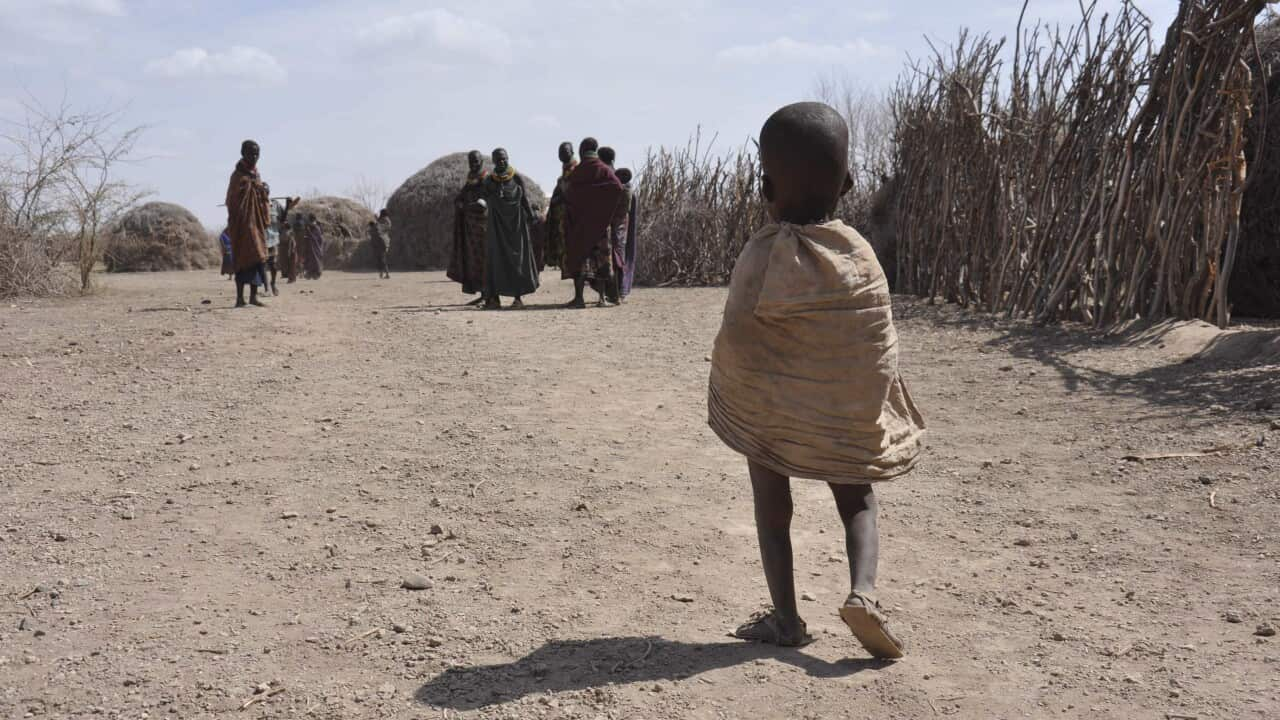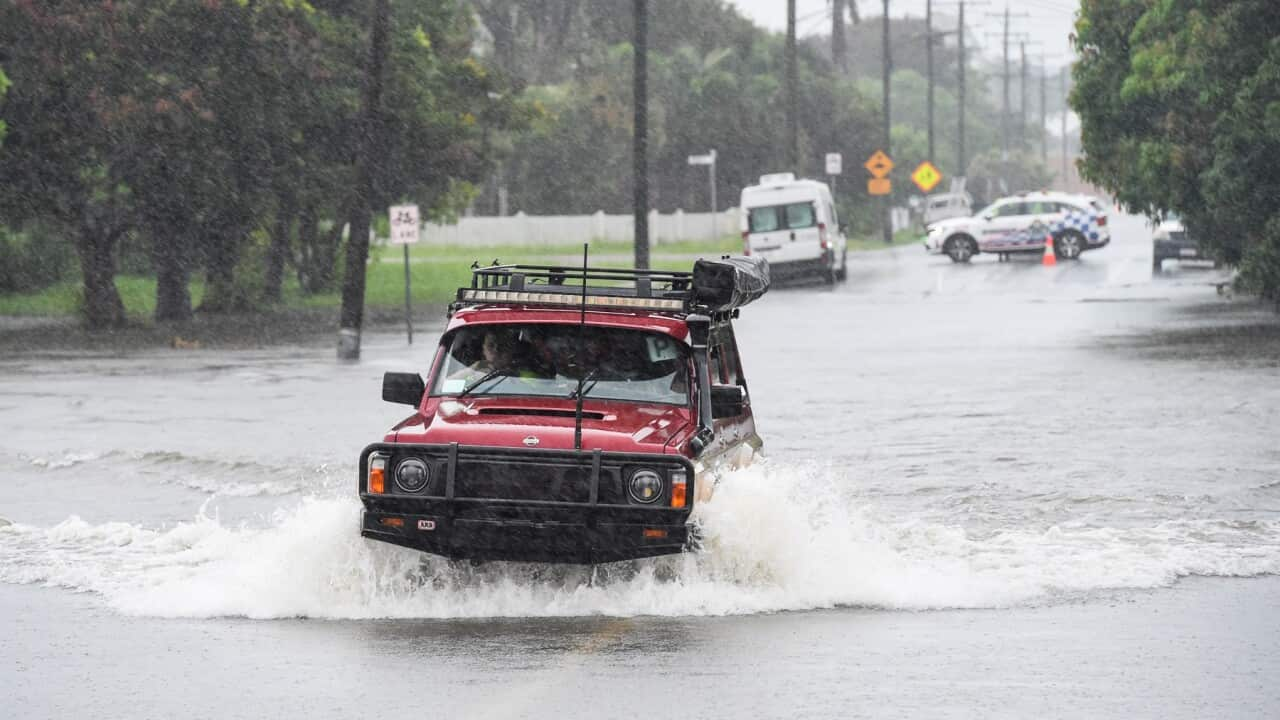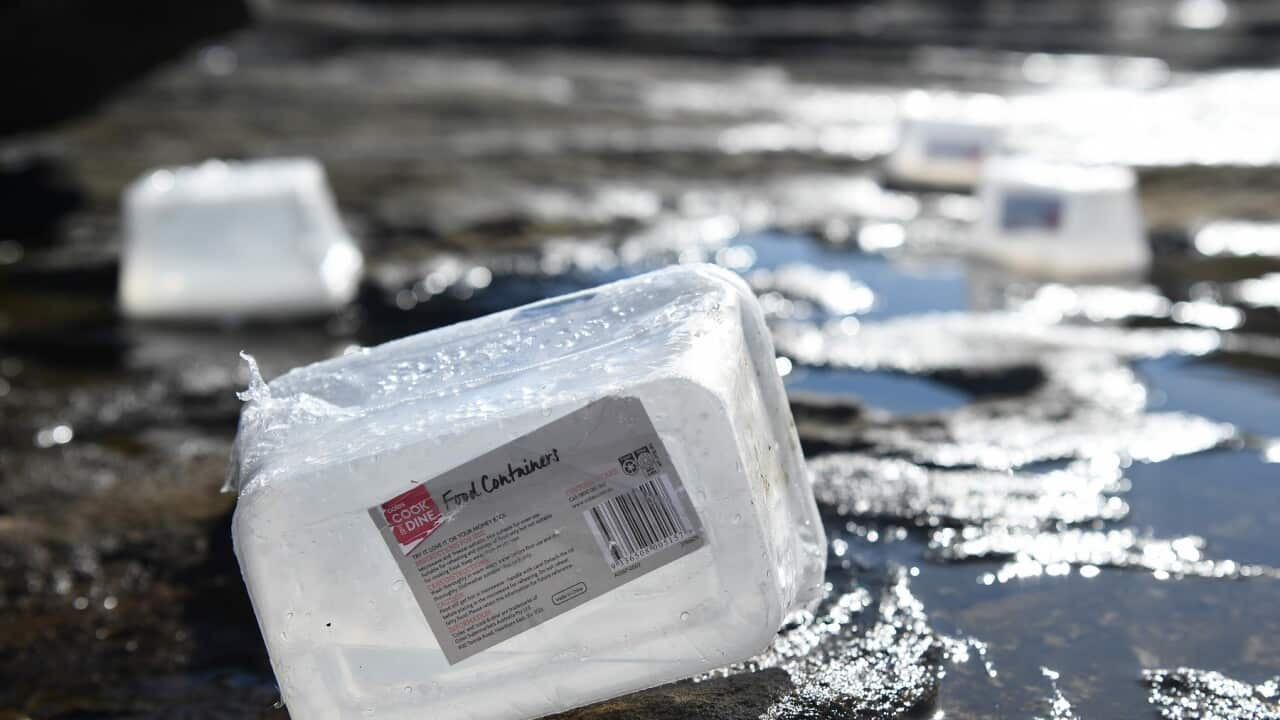TRANSCRIPT
Catalina Florez:
Lynn Morgain, thank you for your time. Now you've been seeing much of East Africa for yourself, how bad is the situation there right now?
Lyn Morgain:
Oh, Catalina. It's dire. It's absolutely dire. We have been meeting with local communities, most of whom are pastoralists, and the position they're in is that the livestock have perished and they are utterly reliant on water infrastructure for basic subsistence. So we are dealing with a situation where many millions of people are experiencing extreme food insecurity, which we know has, but one ultimate consequence.
Catalina Florez:
So Lyn, given that climate change is being blamed for this, how prepared are Western countries to accept responsibility?
Lyn Morgain:
Well, look, I think we've seen promising signs in the discussions about loss and damage, but we at Oxfam absolutely adamant that when you consider the loss to the G D P of a great many of these countries, it's estimated by Oxfam that as many as 7 million lives been lost and the cost ultimately to East African countries 30 billion usd. So we know that the drought is both climate induced as a result of the emissions of that. Poor countries like the East African nations who have made a negligible or zero contribution to these emissions are now facing life-threatening risks as a consequence of these prolonged drought.
Catalina Florez:
So you are calling for money. How much can donors do and what will happen if you don't get the funds you need?
Lyn Morgain:
There is a great deal we can do. One of the things that is evident in my discussions with communities is just how effective the programmes that we supported by the Australian public and the Australian government are attempting to implement. So these programmes provide necessary resources to support the life of households and it's clear that these are effective. What is also clear, however, is that we are nowhere near funding the need. So the problem we have is that in many cases we have made effective interventions and these interventions may include cash transfer to households to allow them to purchase basic food and non-food items. But what we know is that this is well under what is actually required. And I lose track of the number of communities who express to me, in the most respectful and gracious way, their deep appreciation for the contribution of the Australian public and the Australian government.
But what they also tell me is the money has run out and when you sit with communities and you hear them express that the livestock have perished and they understand now that the next consequence is that human life will be lost. It really does bring home the necessity for particularly western governments and in our case, I would say the Australian government to significantly increase the resourcing. We are able to save lives. We know we can do that. So to fail to provide the necessary cash to ensure that those programmes are taken to communities really as a significant moral challenge.
Catalina Florez:
And so lean on a broader level, the new UN chief on migration is starting her five-year term. What international migration challenges and crises need addressing right now?
Lyn Morgain:
Well, there are a great number, but given I'm here in East Africa, I think I would say what we know is that these conditions give rise to very significant people movement. So the challenge for this position is to get to grips with how best to coordinate our responses when communities are forced across national borders in search of life sustaining opportunity. The key really for us as an international community is to get to grips with the fact that extensive people movement in the form of millions and millions of people will need to be appropriately supported as they move in response to these crises. So the world would know there are many different crises around the world. Those in Europe are confronting very significant people movements. But we at Oxfam have been saying for quite some time now that the challenge of our time is to ensure that wealthy countries are positioned to respond to these inevitable people movements.
And this has been a very clear message of the communities that I've been meeting with, is that drought in this case makes the probability of people moving and across them between national boundaries. Very great. And the thing that we need to understand is that if we don't engage with these issues effectively, they do lead to conflict. So we at Oxfam say climate change creates these emergencies, but these emergencies in turn create a very difficult situation for those individual communities where scarcity and the limits of infrastructure. So maybe there is only one more to serve seven villages. It gives rise to, as I say, massive numbers of people movement. So the challenge will be to think about how we accept that this is a necessity of the climate emergency. There will be growing numbers in their millions of people needing to move because their homes are simply inhabitable. And on that I'll say it is deeply distressing to fit with communities who say the trees have died, the livestock have died. There is nowhere for us to be away from this, from the sun. There's simply nowhere for us to go. So when you think about what motivates people to move, it really is that very human essential requirement to find sustenance. And unfortunately that does give rise to tension between communities.
Catalina Florez:
Well, thank you so much, Lyn, for your time. That's Oxfam Australia Chief Executive Lyn Morgan in Nairobi.













